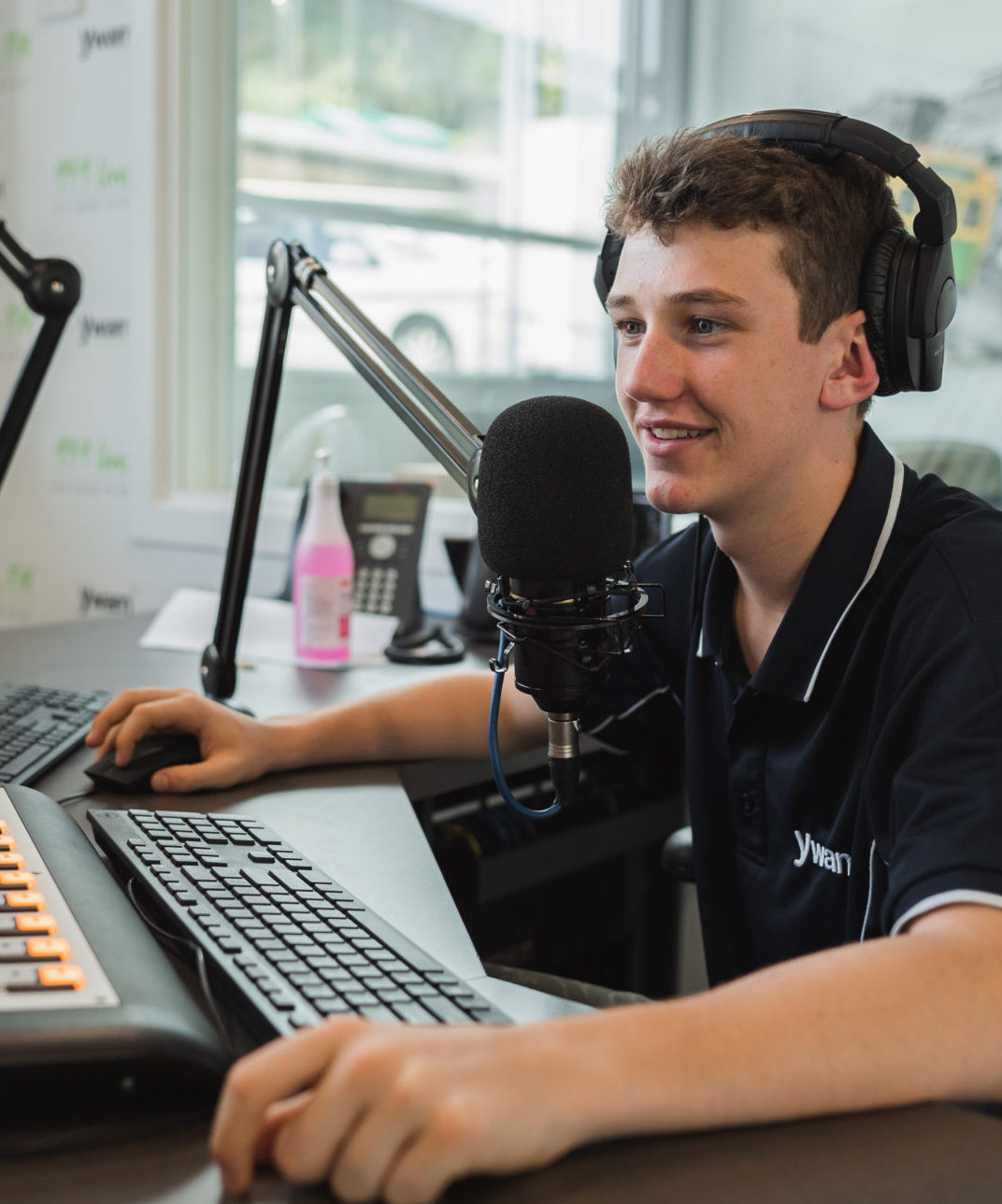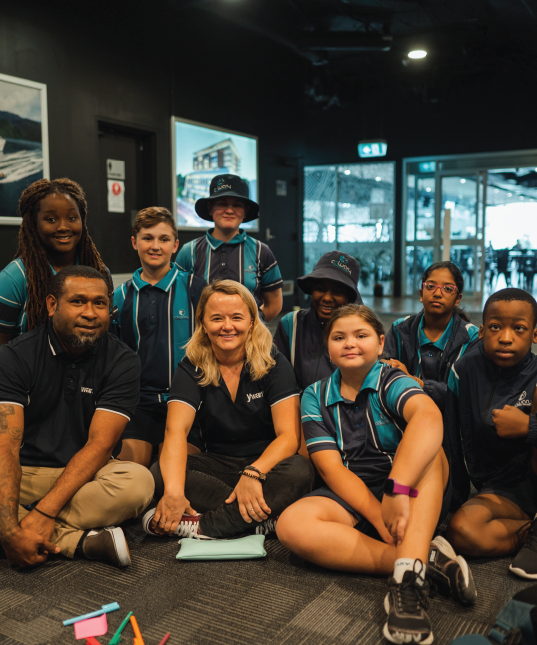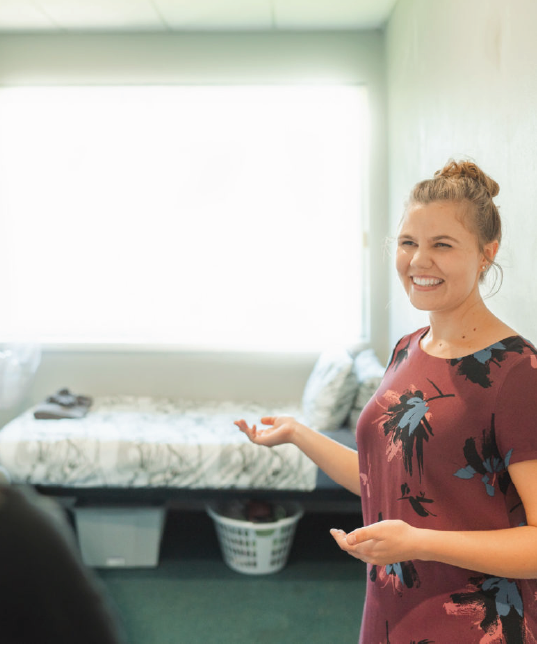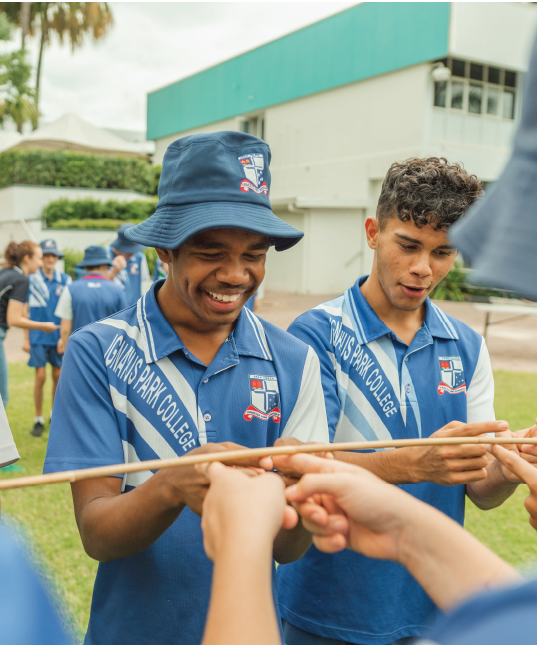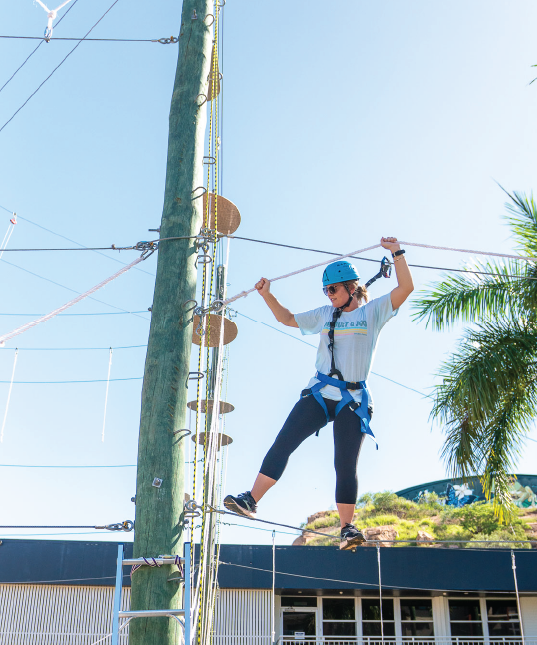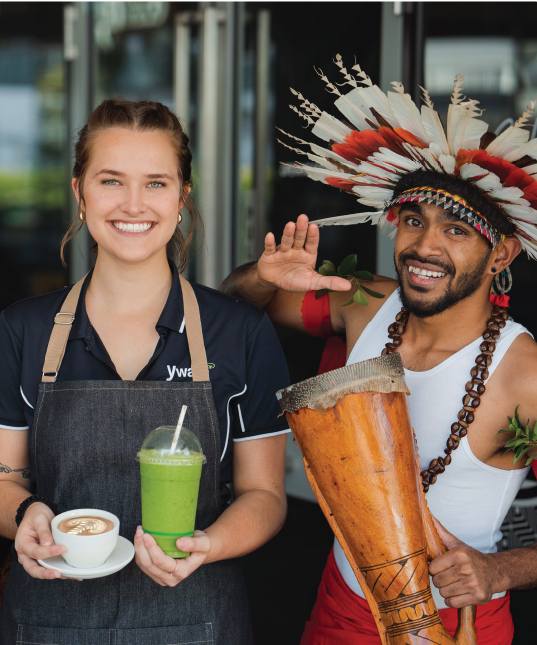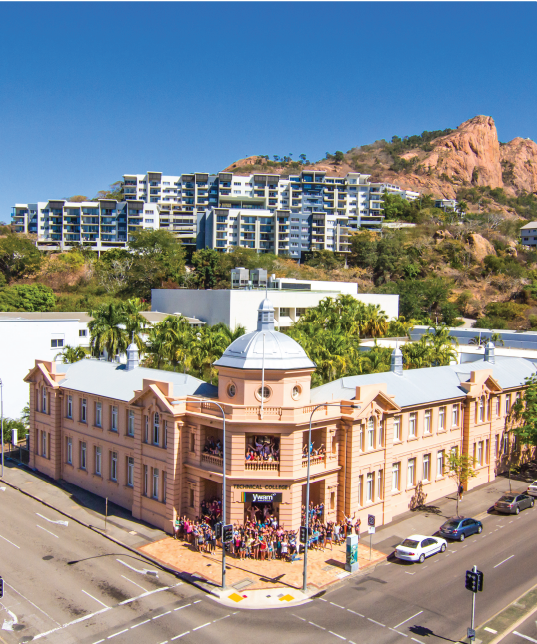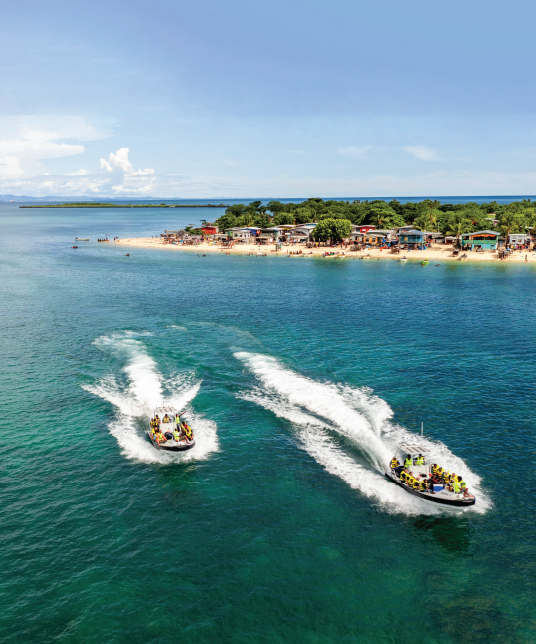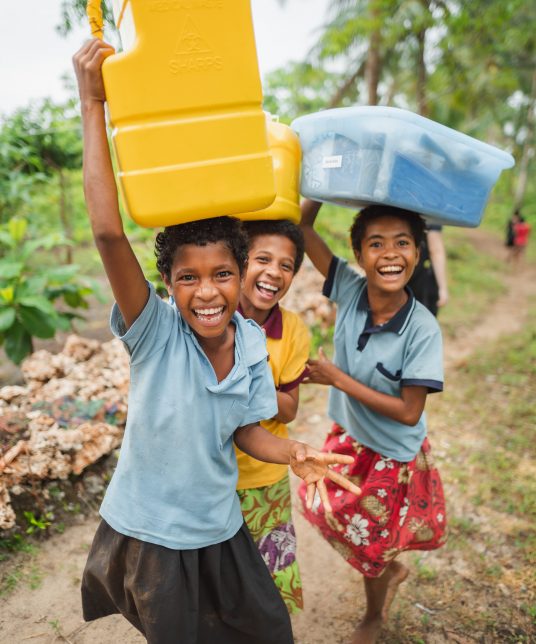Prior to the Outreach
Before setting out on the two week outreach with YWAM Medical Ships, I was a reporter for Papua New Guinea’s biggest selling Newspaper ‘The National.’ I lived an average life that revolved around the notion that my happiness was all that mattered. Having lived in PNG’s capital city, Port Moresby, for most of my life did not help, in that I grew up surrounded by materialistically ambitious people; needless to say, as a result, I was no different, preferring an iPad over a decent meal any day.
The week prior to the outreach, I was assigned to cover a story on YWAM Ships and its correlation with Sir Rabbie Nameliu as its Patron. I had no idea what to expect and was not very keen on doing the job, thinking that it was going to be another boring press conference style job.
On the Ship, I noted how friendly and respectful the hosts were and felt a distinct aura emanating from the crew that could only be described as genuine love. I later found that it was their love for God that was running over and being felt by all.
At the actual meeting held in the ship’s lounge, I was shown a YWAM video that gave me a glimpse of what YWAM does. The result was devastating and dealt a big blow to my mindset. Seeing how needy the Papua New Guineans in the video looked, jumpstarted a deep desire in my heart to go and help. This is why I joined the outbound YWAM Ship to the Western Province a few days later.
On the Optometry Team
For the first week of the outreach, I was assigned to be an I-See technician, which I assure you, sounds way more sophisticated than the job is. Still, the title was catchy so I had no problems with it. My job was simple; I used two frames containing four lenses of different power lenses to help identify which lens would best help the patient to see better.
I found optometry to be an absolute joy. For one it was easy and anybody could learn the I-See technician’s role. There was a bonding process with the others on the optometry team; bear in mind, these were individuals from all around the world who I did not know but whom now felt like family. I cannot describe how good it felt every time I found a pair of glasses that helped someone; the smiling faces and looks of joy were heartwarming.
Thankfully, I did not have the painful ultimatum of turning anyone away, which was something I dreaded since the first day.
I found that the patients, from the various villages we visited, took comfort in knowing I was one of them. I was even told by an old woman in the village of Bamio that she would not have come to get glasses if she did not see me because she was afraid of what she called ‘Tewel lain,’ which is tok pisin for pale-skinned people.
The fact that I was able to instill a certain level of trust and respect between my fellow Papua New Guineans and my YWAM expatriate family gave me a joy I did not know I could experience.
The emotional aspect of leaving the villages after a full day of being in them was hard. I never thought I’d cry for strangers, but I did. I cried a great deal, and even as I write this I cry. Just the moment we start packing to head back to the Ship, I always felt so sad because I knew that even though we helped, we were now leaving them to return to their daily life that was, to me, unspeakably harsh and hard.
Every time we got in the zodiacs and pushed off the banks, physically detaching ourselves from the villages, I would look back and something inside me would die. I felt like I wanted to rip my clothes off and throw all my property into the river; it was just so hard to own things when my fellow country men and women had close to nothing.
I’ll never forget what I saw and what I have seen. The lessons that I have learned about respect, humility, gratefulness, and love I will uphold for the rest of my life.









